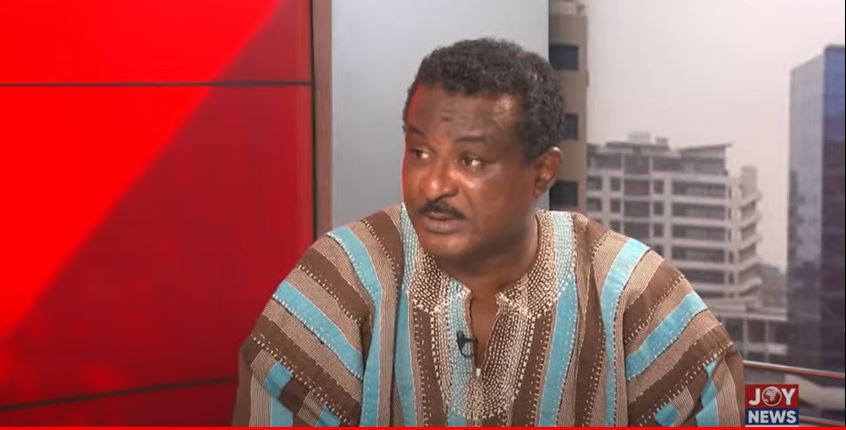
The Deputy Majority Leader, George Kweku Ricketts-Hagan, has issued a strong appeal to his fellow legislators, urging them to subject the 2026 Budget to the most rigorous possible scrutiny to ensure efficiency, fiscal prudence, and maximum “value for money” in the allocation of national resources.
Speaking at a critical Post-Budget Workshop in Accra on Saturday, November 15, which serves as a platform for lawmakers to analyse the government’s financial blueprint, Ricketts-Hagan stressed that Parliament’s core duty is to ensure the 2026 budget—themed “Resetting for Growth, Jobs, and Economic Transformation”—directly serves the public good.
The Deputy Majority Leader framed the review process not as an adversarial exercise but as a fundamental responsibility to the Ghanaian electorate.
“As representatives of the people, our duty is to ensure that the budget reflects not only fiscal prudence but also the aspirations and needs of the citizenry,” he said.
He emphasized that detailed examination of the budget’s estimates, revenue targets, and expenditure lines is essential to deliver equitable and effective national outcomes.
“We as parliamentarians must therefore scrutinise the budget thoroughly, ensuring that allocations are equitable, realistic and results-oriented.”
The 2026 Budget, presented by Finance Minister Dr. Cassiel Ato Forson on behalf of President John Dramani Mahama on November 13, 2025, outlines a strategic shift from the recent economic recovery phase to a focus on long-term structural transformation.
Key policy areas include sustaining fiscal discipline, boosting job creation through investment in infrastructure and agriculture, and improving education, healthcare, and security to promote inclusive growth.
Ricketts-Hagan highlighted that both the Legislature and the Executive share the burden of delivering these national development goals.
“The 2026 budget is also a call to collective action,” he noted. “It challenges us to think innovatively about how to grow our economy sustainably, how to expand the tax base without overburdening our citizenry, and how to deliver essential public services more effectively.”
As part of the budget’s implementation, several critical legislative instruments were laid before Parliament, requiring immediate attention and rigorous debate. These measures aim to formalize the fiscal changes and enhance revenue collection and expenditure control.
Key bills presented include:
- The Value for Money Bill, designed to embed efficiency and cost-effectiveness across all public spending.
- The Value Added Tax (Amendment) Bill, which seeks to modernize the country’s indirect tax regime.
- The repeal of the COVID-19 Health Recovery Levy, intended to provide fiscal relief to businesses and consumers.
The urgency of the Majority Leader’s appeal was echoed by the Minority Caucus, who similarly urged MPs to approach the budget with a spirit of collaboration, stressing the critical need for practical solutions and a people-centered approach to national spending.
DISCLAIMER: The Views, Comments, Opinions, Contributions and Statements made by Readers and Contributors on this platform do not necessarily represent the views or policy of Multimedia Group Limited.
DISCLAIMER: The Views, Comments, Opinions, Contributions and Statements made by Readers and Contributors on this platform do not necessarily represent the views or policy of Multimedia Group Limited.
Source: myjoyonline.com










